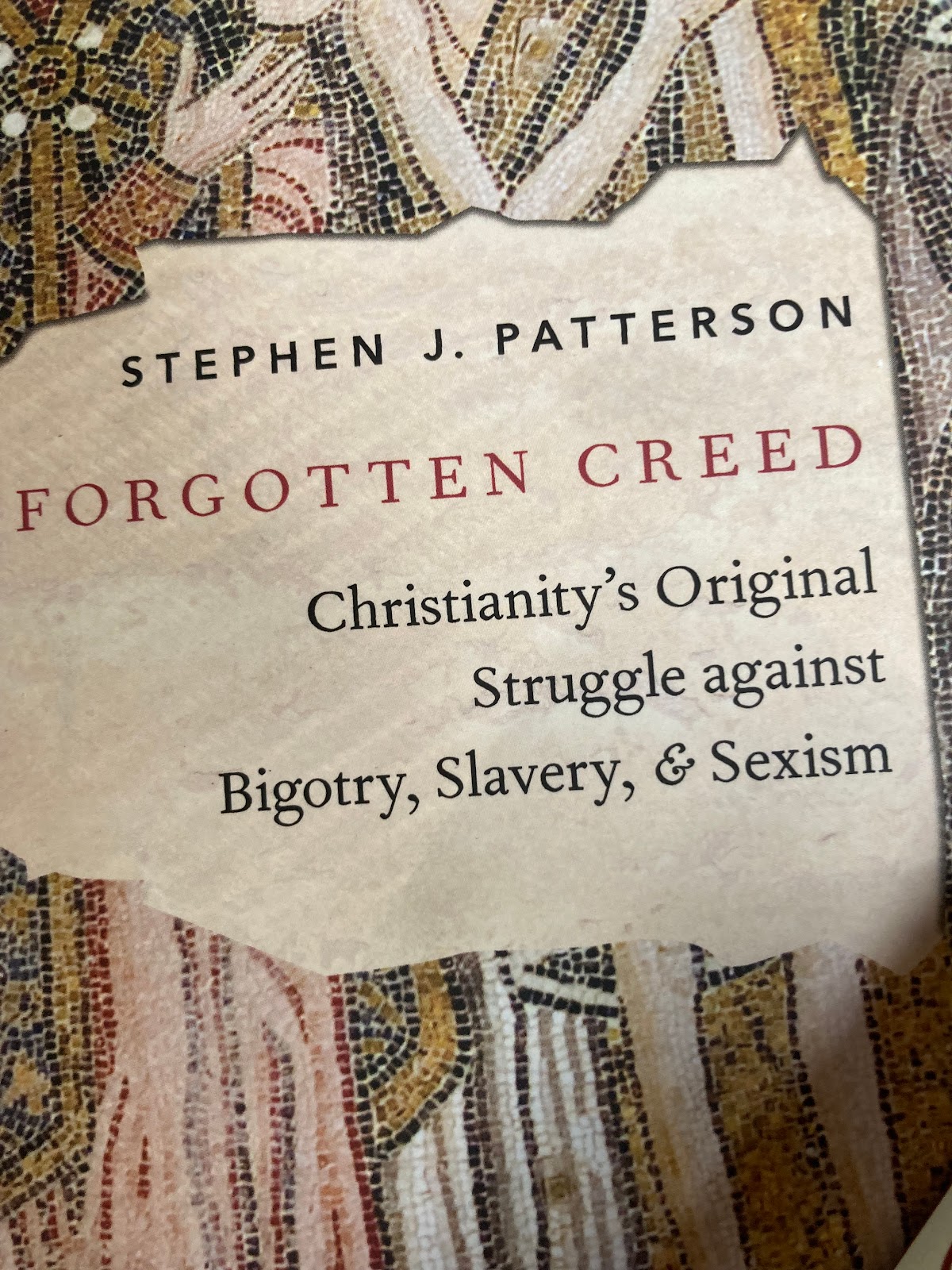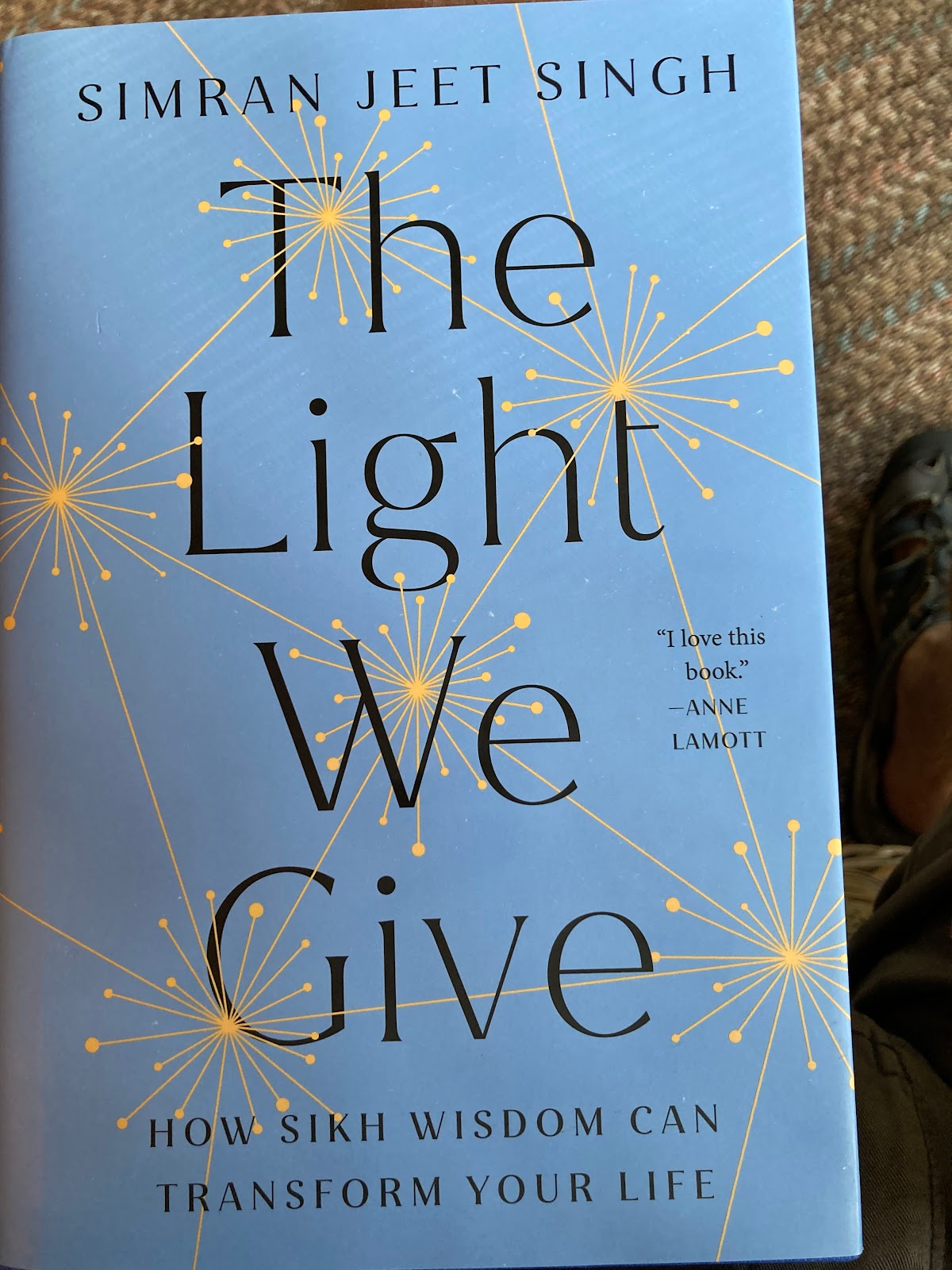A young man in fancy clothes got off his horse, took his rich apparel and the fine fabrics he was carrying, and sold them in a neighboring town. He gave the cash -or tried to- to the priest at a small derelict church, which, as he could see, was falling down. The priest, worldly enough to anticipate trouble, refused the offered money. Whereupon the young man in disgust and frustration cast the coins into a corner of the church. Soon enough his father came looking for him, imprisoned him in a basement, and accused him of theft. Then in front of the entire town, bishop and everybody, the father demanded the son return all he had had from him.
And so the young man did just that. He divested himself of his attire and stood naked before his accuser, that was his father, and the bishop. The bishop quickly put his cope around the young man’s shoulders and led him away. Later in the bishop’s garden the young man found a cloak abandoned by an under-gardener and, chalking a cross on the back, happily adopted it as his new garb.
And then he began his new life. He embarked on a new kind of pilgrimage, even a new kind of crusade, as he traveled about his home country and farther afield, even to Palestine and an encounter with “the enemy” across the front lines of a Crusaders’ battle. He preached to the people and begged for his daily bread. He struggled with his inner temptations, and he gave freely of what he had. It drove some people crazy. And it attracted others.
About 795 years ago, much of a lifetime later, a poor little man died in central Italy, surrounded by friends he called his “little brothers”. Worn out with work, travel, illness, and excessive self-deprivation, he died exhausted, as he had driven his frail frame beyond its ordinary powers.
Indeed, at the end of his life he admitted, “I’ve been too hard on Brother Ass.”-- He called his body Brother Ass, like an overburdened burro.
He called all created things his brother or sister, not just humans, though surely those, but the sun, the moon, the elements, animals … and at last even death.
He himself was known to his friends as Brother Francis, though as soon as he died he was acclaimed as a saint.
Saint Francis is known for several things: his passion for the gospel, his embrace of poverty, his leadership of the religious orders known as Franciscans, his love for creation, and of course birdbaths.
He is said to have preached to a wolf, and to birds. Indeed, he is often known for the latter. We might call him “the birdbath saint.” Once as I crossed the street to Grace Cathedral in San Francisco, a crowd of pigeons lifted off the roof of Diocesan House and gathered at my feet. What would Francis do? He would preach! I didn’t have the temerity to admonish them to repent; instead quietly I urged them to rejoice in our fellow creaturehood.
We celebrate Creation Sunday on a Sunday close to October 4th, the feast of Saint Francis.
And it is only right. As we look at creation around us, all creatures, each other, ourselves, we look at them in part through Francis’ eyes.
He regarded all things through the lens of his devotion to his Lord and because of that he embraced what is holy in all things.
This was not an easy road.
Early in his career he asked God to grant him to know the pain and the love Jesus felt on the cross. And perhaps he did.
What we remember today - without forgetting the pain of the passion - is the love that surrounds it.
The love of the passion: paradoxical, all-embracing.
Today that love we particularly remember as we look with gratitude, hope, guilt, and a deepening desire to care, upon our fellow creatures, especially this fragile earth that is our home, and our creaturely neighbors, from fish and birds to sky and sea.
How can we love our fellow creatures as God would have us love them - as family? Maybe seeing through the eyes of the little poor man of Assisi - Saint Francis - will help.
Most High, all-powerful, good Lord, yours is the praise, the glory and the honor and every blessing.
To you alone, Most High, do they belong, and no one is worthy to speak your name.
Praised be you, my Lord with all your creatures,...
O praise and bless my Lord, thank him and serve him humbly but grandly!
(from the Canticle of the Sun by Francis of Assisi)
Some material previously published as "Love all of God's creation", Arizona Daily Star, Home + Life, Keeping the Faith. October 10th 2021. E3. Used with permission.
https://azdiocese.org/2022/09/the-birdbath-saint/ (September 14th 2022).








